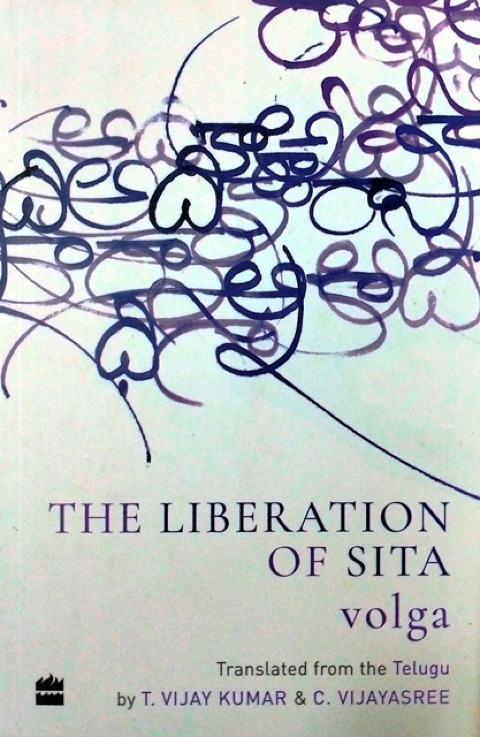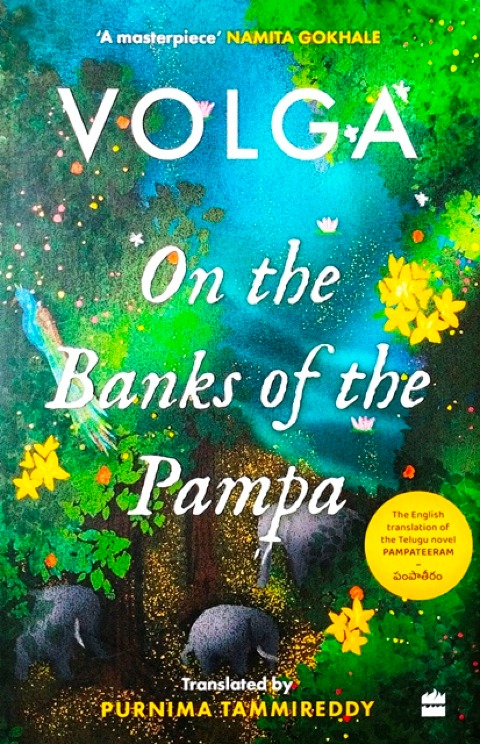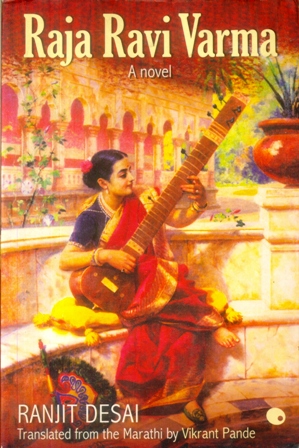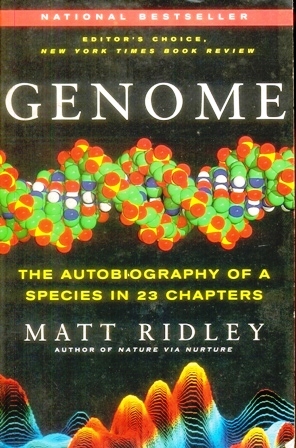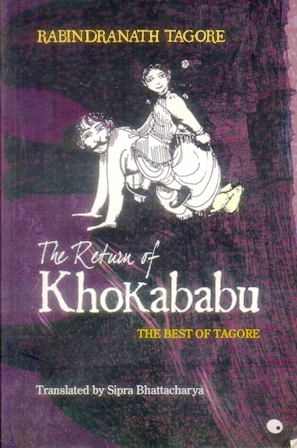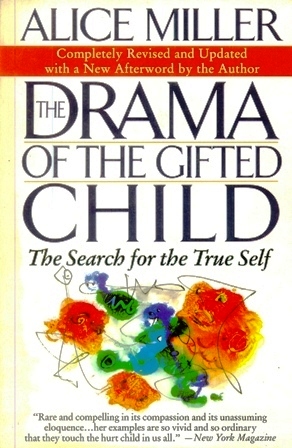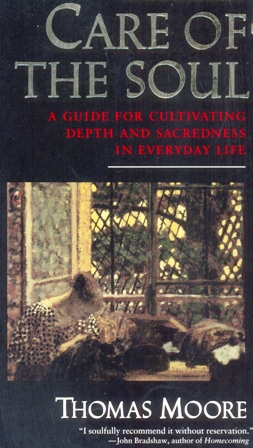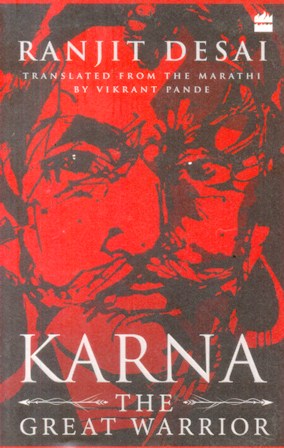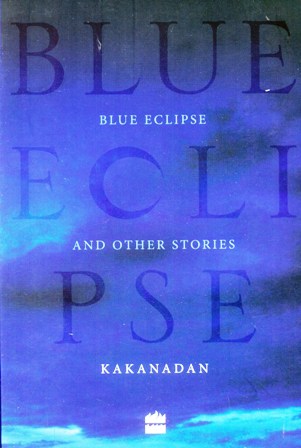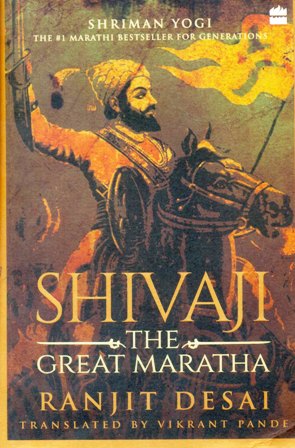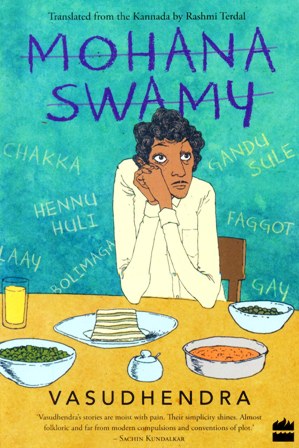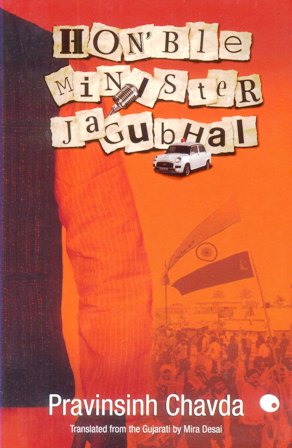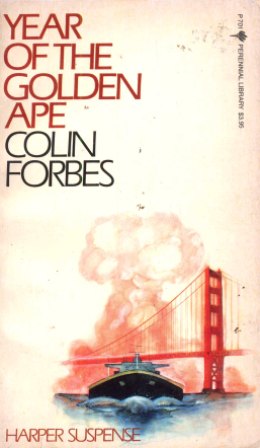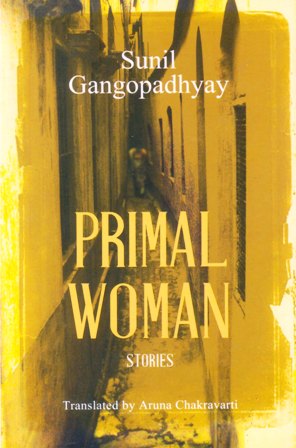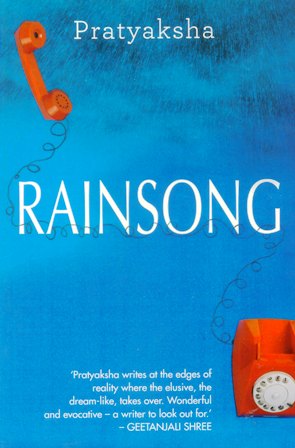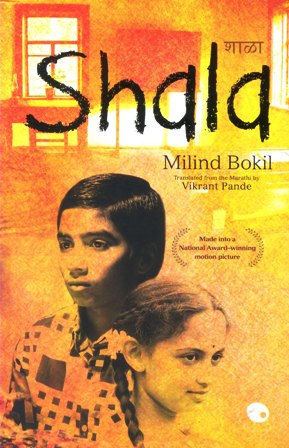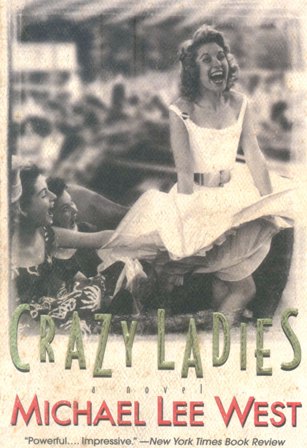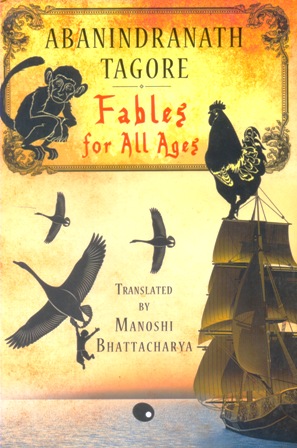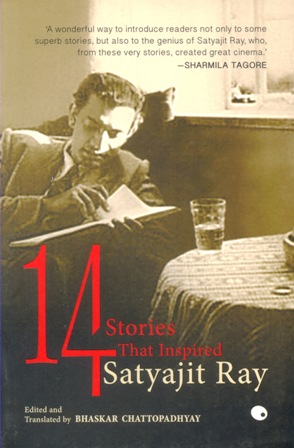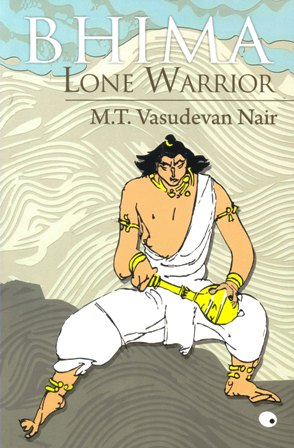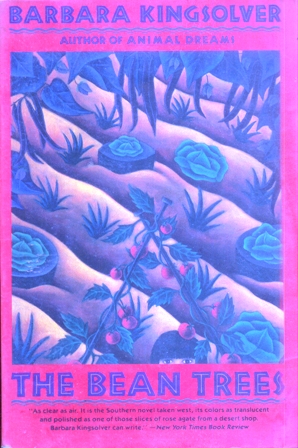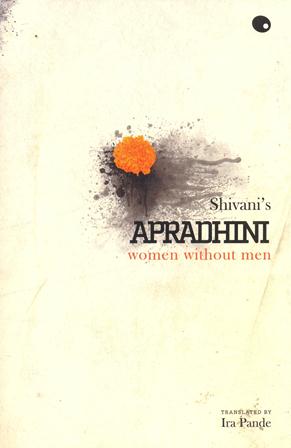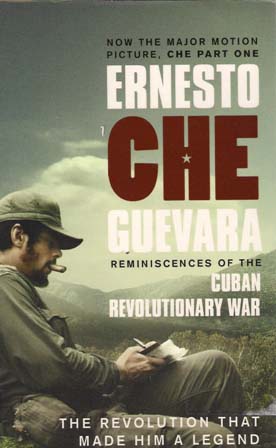-
Liberation Of Sita
Valmiki's Ramayana is the story of Rama's exile and return to Ayodhya, of a triumphant king who will always do right by his subjects. In Volga's retelling, it is Sita who, after being abandoned by Purushottam Rama, embarks on an arduous journey towards self-realization. Along the way, she meets extraordinary women who have broken free from all that held them back: husbands, sons, and their notions of desire, beauty and chastity. The minor women characters of the epic as we know it -- Surpanakha, Renuka, Urmila and Ahalya -- steer Sita towards an unexpected resolution. Meanwhile, Rama too must reconsider and weigh his roles as the king of Ayodhya and as a man deeply in love with his wife. A powerful subversion of India's most popular tale of morality, choice and sacrifice, The Liberation of Sita opens up new spaces within the old discourse, enabling women to review their lives and experiences afresh. This is Volga at her feminist best.
-
On the Banks of the Pampa
Sabari's encounter with Rama is an important episode in the Ramayana. But who was Sabari, a forest-dweller who became Rama's ardent devotee? In On the Banks of the Pampa, award-winning writer Volga narrates the tale of Sabari, born of aranyavasis, once forced into slavery by a power-seeking state, which she breaks free from. It traces the journey of her spiritual awakening and birth into a voice of dissent for the oppressed and dispossessed. Sabari's is a narrative entwined with the forest along the Pampa river - one she comes to dwell in and is at one with. Poignant and piercing, this concluding volume in Volga's trilogy of feminist retellings of the Indian epics drives us to reconsider the meaning of dharma, and rejects ideologies that legitimize conquest and the exploitation of nature. Powerfully translated into English by Purnima Tammireddy, this is a story of resistance - a story for the times we live in, drawn from the classic tale we know so well.
-
Raja Ravi Varma
A controversial novel based on the life of India's most celebrated painter, Raja Ravi VarmaHe was accused of making the gods look like humans and insulting them by portraying them in the nude. He countered that he saw divinity in both gods and humans, and that nudity was the purest form he knew. This is the story of a little boy who grew up making charcoal sketches on freshly whitewashed temple walls and went on to be titled in the court of Thiruvananthapuram as 'Raja' for his artistic prowess. His painting of a Nair woman who worked in his wife's palace brought him wrath and recognition alike. His deep involvement with Sugandha, the Maharastrian lady, who became Menaka, Damayanti and Urvashi in his most acclaimed works caught the fancy of many critics and admirers.
-
Genome
The genome's been mapped. But what does it mean? Arguably the most significant scientific discoveru of the new century, the mapping of the twenty-three pairs of chromosomes that make up the human genome raises almost as many questions as it answers. Questions that will profoundly impact the way we think about disease, about longevity, and about free will. Questions that will affect the rest of your life. Genome offers extraordinary insight into the ramifications of this incredible breakthrough. By picking one newly discovered gene from each pair of chromosomes and telling its story, Matt Ridley recounts the history of our species and its ancestors from the dawn of life to the brink of future medicine. From Huntington's disease to cancer, from the applications of gene therapy to the horrors of eugenics, Matt Ridley probes the scientific, philosophical, and moral issues arising as a result of the mapping of the genome. It will help you understand what this scientific milestone means for you, for your children, and for humankind.
-
The Drama of the Gifted Child
Why are many of the most successful people plagued by feelings of emptiness and alienation? This wise and profound book has provided millions of readers with an answer--and has helped them to apply it to their own lives. Far too many of us had to learn as children to hide our own feelings, needs, and memories skillfully in order to meet our parents' expectations and win their "love." Alice Miller writes, "When I used the word 'gifted' in the title, I had in mind neither children who receive high grades in school nor children talented in a special way. I simply meant all of us who have survived an abusive childhood thanks to an ability to adapt even to unspeakable cruelty by becoming numb.... Without this 'gift' offered us by nature, we would not have survived." But merely surviving is not enough. The Drama of the Gifted Child helps us to reclaim our life by discovering our own crucial needs and our own truth.
-
Care Of The Soul Guide For Cultivating Depth And S
In this special twenty-fifth anniversary edition of Thomas Moore’s bestselling Care of the Soul, which includes a new introduction by the author, readers are presented with a revolutionary approach to thinking about daily life—everyday activities, events, problems, and creative opportunities—and a therapeutic lifestyle is proposed that focuses on looking more deeply into emotional problems and learning how to sense sacredness in ordinary things. Basing his writing on the ancient model of “care of the soul”—which provided a religious context for viewing the everyday events of life—Moore brings “care of the soul” into the twenty-first century. Promising to deepen and broaden the readers’ perspectives on their life experiences, Moore draws on his own life as a therapist practicing “care of the soul,” as well as his studies of the world’s religions and his work in music and art, to create this inspirational guide that examines the connections between spirituality and the problems of individuals and society. “Thoughtful, eloquent, inspiring.” —San Francisco Chronicle “I soulfully recommend it without reservation.” —John Bradshaw, author of Homecoming
-
Karna The Great Warrior
'Who am I?' It was a question that had troubled him all his life. His whole life had seemed entangled in the answer. His dignity, his destination, his ambitions - they all seemed linked to that entanglement. The irony was that the truth, instead of liberating him, had made him rudderless. In the Mahabharata, Karna is known to be the only warrior who could match Arjuna. Born of a god and a mother who abandons him at birth, Karna is mistreated from birth. Rejected by Drona, taunted by Draupadi, insulted by his blood brothers, misunderstood by many and manipulated even by the gods, Karna is the classic tragic hero. In his novel Radheya, Ranjit Desai, the author of Marathi classics like Shriman Yogi and Swami, gives voice to the angst and loneliness of Karna. Translated into English for the first time, the novel brings to surface the many sides to Karna's character: his compassionate nature, his hurt and hubris, the love for his wife, his allegiance to Duryodhana, and his complicated relationship with Krishna.
-
Blue Eclipse And Other Stories
Known for their bold and powerful yet poetic language, George Varghese Kakanadan's (1935-2011) works are considered landmarks in modernist Malayalam literature. Rishi Kakanadan is a journalist and translator living in New Delhi.
-
Shivaji The Great Maratha
'The epic text of Ranjit Desai's Shriman Yogi finds new voice in Vikrant Pande's nuanced translation, an immersive narrative of the foundations of the Maratha empire and the saga of its charismatic founder.' - Namita Gokhale. Young Shivaji reaches Pune, a dying fort city, with his mother Jijabai and lights the first lamp within its ruins. While his father Shahaji Bhosle is away on deputation by the Adil Shah sultanate after having failed in a revolt against it, Shivaji learns how an empire is built from the ground up. Thus begins the life of the Great Maratha. What awaits Shivaji is nothing short of the vast scroll of history, and it takes him from Surat to Thanjavur and all the way to Aurangzeb's durbar in Agra. He dreams of freeing his land from the clutches of Mughal rule, and though he suffers many defeats and personal losses along the way he never gives up his vision of Hindavi Swaraj. Amidst political intrigue and a chain of skirmishes, Shivaji becomes a leader, a warrior and a tactician par excellence, driven by immense pride and love for his motherland.
-
Mohanaswamy
Mohanaswamy has just lost his long-time partner, Karthik, to a woman. Even as he scrutinizes himself, the choices he’s made, the friends and lovers he’s gained and lost, Mohanaswamy dreams of living a simple, dignified life. A life that would allow him to leave, even forget, the humiliation and fears of adolescence, the slurs his mind still carries around – gandu sule, hennu huli – and the despair that made him crave to conform. A coming out of the closet for Vasudhendra himself, these stories of homosexual love and lives jolted Kannada readers out of their notions of the literary and the palatable. The gritty narratives of Mohanaswamy explore sexuality, urbanisation and class with a nuance and an unflinching honesty that will both unnerve and move readers in English and serve as a fine introduction to one of the strongest voices in Kannada literature.
-
Hon'ble Minister Jagubhai
Gujarat MLA Jagubhai finds himself on the fast track to a coveted minister ship after a local newspaper lists his name amongst the probables. His base of supporters swells overnight. Officials, businessmen, supporters and even close family members, line up to remind him of old favors given and promises to be kept. Jagubhais nephew, Rajshekhar, an inconsequential government officer, joins his team as his self-styled personal secretary. As a political crisis brews, we see what a roller coaster ride a politicians life can be. Dramatic, humorous and full of intrigue, this novel is as real as it gets. It could well be the biography of any politician we read about in the papers every day.
-
Shala
Dombivali, Maharashtra. Mukund Joshi is fourteen, has just been promoted to class nine and whats more-he is newly in love with classmate Shirodkar. He attends the same private tuition's as her just to get a glimpse of her beautiful face and follows her back to her house every day. Of course, she has no clue that someones pining away to death for her, because Mukund lives in a time where society discourages social interaction between boys and girls, he is forced to keep his pursuit a secret. When hes not negotiating the tricky alleys of love, he sits out in the school field or loafs about town with close friends, Surya, Chitrya and Favdya, railing against the education system and debating ideas such as discipline and Bohemianism. Set in small-town India in the 1970s during the emergency, Shala is a delicately nuanced novel that tells the story of adolescent struggles, which are as tortuous in real time as they are amusing in retrospect.
-
Emily Post on Weddings
Your wedding day. It should be one of the happiest days of your life, not one of the most harried. The perfect wedding doesn't just happen--it takes planning. Things you never thought about suddenly occupy your every waking hour: How are the invitations worded? What is a semiformal wedding anyway? Why are announcements sent out, and who receives them anyway? What obligations does a wedding invitation confer on the recipient? Do guidelines exist for selecting a wedding gift? Who gives the wedding showers? Are there any guidelines for finding and working with a videographer? Brides and grooms and their parents will find the answers to these questions and much more in the pages of this indispensable book.
-
14 - Stories that Inspired Satyajit Ray
A wonderful way to introduce readers not only to some superb stories, but also to the genius of Satyajit Ray, who, from these very stories, created great cinema. Sharmila Tagore A rich zamindar dreams that his daughter-in-law is an incarnation of goddess Kali; a housewife steps out of her lower middle-class household into the big city to work as a salesgirl; Goopy and Bagha fight the evil plans of the king of Shundi to rescue the kingdom of Halla; a group of friends runs into a self-proclaimed sage who claims to have been friends with Plato, Jesus and Buddha. Nobles at the court of Awadh, the chess-addicts Mir and Mirza, move to an undisclosed location to play undisturbed as their kingdom falls aroundthem. Shorts stories were the inspiration for fourteen of master filmmaker Satyajit Rays movies, every one of them a classic Devi, Jalsaghar and Shatranj Ke Khiladi, among them. Fourteen brings together all of those stories in one volume. These tales, by the likes of Rabindranath Tagore, Tarashankar Bandopadhyay, Prabhat Kumar Mukhopadhyay, Rajshekhar Basu and premchand, are milestones in Indian literature quite apart from their cinematic glory. The anthology also contains two stories by Ray himselfAtithi and Pikoor Diarythat illustrate his own craft as a writer.From the dramatic to the starkly real, the humorous to the dark, the lyrical to the prosaic, Fourteen sparkles with narrative brilliance. Read together, these stories also provide us with the context for a new insight into the mind of one of Indias most loved and revered filmmakers.
-
Bhima Lone Warrior
The Mahabharata through the eyes of Bhima valorous, honourable, kind and loving, yet always second. This is the story of Bhima, the second son, the man whos always second in line - a story never adequately told until M. T. Vasudevan Nair conjured him up from the silences in Vyasas narrative, the minute gaps that allowed conjectures about what must have happened during those intervals. MTs Bhima is a revelation. Lonely, eager to succeed, treated with a mixture of affection and contempt by his brothers, the other four Pandavas and with scorn and hatred by his Kaurava cousins. Bhima battles incessantly with failure and disappointment, even as a child. Hes adept at disguising his feelings and has an overwhelmingly intuitive understanding of everyone who crosses his path, an uncanny ability to know how others feel. A warrior without an equal, he slays innumerable enemies during the Great War. However, all his moments of triumph, starting with the trials of skill he took part in as a young man, remain unrecognized and unrewarded. A whole new look at the greatest story ever told, the Mahabharata.
-
The Bean Trees
Taylor Greer grew up poor in Kentucky in the '60s and '70s, managed to avoid pregnancy through high school, and earned enough money to buy a Volkswagen that would take her west. Clear-eyed and spirited, Taylor Greer grew up poor in rural Kentucky with the goals of avoiding pregnancy and getting away. But when she heads west with high hopes and a barely functional car, she meets the human condition head-on. By the time Taylor arrives in Tucson, Arizona, she has acquired a completely unexpected child, a three-year-old American Indian girl named Turtle, and must somehow come to terms with both motherhood and the necessity for putting down roots. Hers is a story about love and friendship, abandonment and belonging, and the discovery of surprising resources in apparently empty places. Available for the first time in mass-market, this edition of Barbara Kingsolver's bestselling novel, "The Bean Trees," will be in stores everywhere in September. With two different but equally handsome covers, this book is a fine addition to your Kingsolver library.
-
Shivani's Apradhini
The earth-eating Muggi, groomed by her brother-in-law, cons fourteen men into marrying her and runs off with their money, but falls in love with the fifteenth and eagerly awaits the day she will be released from prison so that she can return to him. The intimidating Vaishnavi pushes a buffalo, her cruel mother-in-law and husband over the edge of a ravine and spends the rest of her life punishing herself, wandering from place to place, homeless and penniless. In this collection of sketches of ordinary women with extraordinary pasts, we read of women whose lives have been changed because of men, women who now survive on the fringes of society - or outside it Compassionate without ever straying into sentimentality, Shivani's histories of the formidable women whose lives she chronicled strike a chord in our hearts even today, forty years after they were first written. A few of her short stories, inspired by these women, also form part of this brilliant translation from the Hindi by her daughter Ira Pande.

